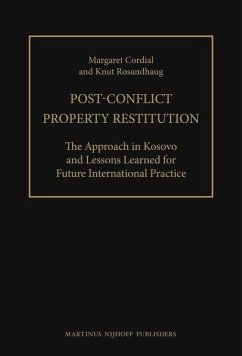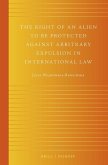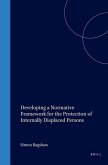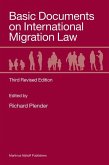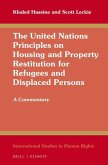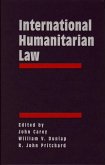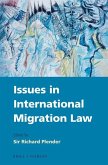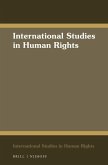The right of refugees and internally displaced persons to return to their homes and places of residence in their country or place of origin following a refugee crisis has evolved significantly as a human rights norm over the past decade. Not only have several commentators and UN human rights bodies stressed the need for international peace-keeping operations to address effectively issues of housing and property rights, the past decade has seen international peace-keeping operations recognize these issues as a central component of peace- building efforts, and as indispensable to the promotion of peace, prosperity and development in post-conflict settings. Legal mechanisms mandated to address property issues and disputes have been established in particular national contexts to assist refugees and internally displaced persons (IDPs) to return to their homes, and there has emerged an explicit right of refugees and IDPs to restoration of their property rights, or compensation where restoration is no longer feasible. This is in stark contrast to the treatment of displaced persons over past centuries, whereby the homes and lands of those displaced, who were not on the side of the victors or those who remained in power, were lost forever. The aim of this book is to provide a comprehensive overview of property restitution in post-conflict Kosovo. It commences with a consideration of the origins and evolution of the right to property restitution for refugees and internally displaced persons. It provides the reader with an outline of the situation in Kosovo prior to the 1999 armed conflict, the developments that led to the international property related intervention, and the subsequent establishment of the HPD/HPCC (the Housing and Property Directorate and its independent quasi judicial body the Housing and Property Claims Commission). The international property-related intervention is considered from a legal, institutional, operational and administrative perspective. It also provides a comprehensive outline of the jurisprudence of the Commission and concludes with an account of the lessons learned from the process over its six years of operations.

